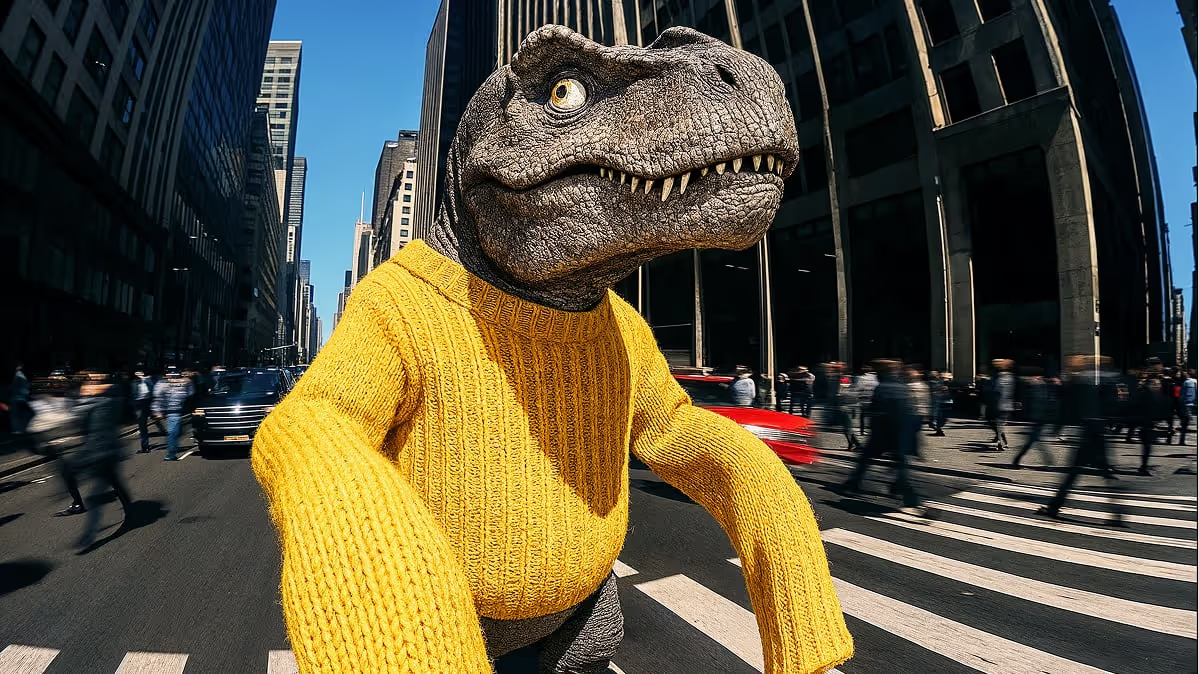
Still Posting Post-Death


(Necromancers hate this one simple trick!)

They’re teaching AI to be their understudies, to immortalize their likenesses, so they never miss another reunion or movie role.
And it’s not just lipstick influencers — those creating just to make themselves look good — or proud papas recording forget-me-nots. For one, William Shatner is working with a company called StoryFile — which develops high-fidelity interactive video experiences — to create holographic images of himself.
Say what you want about the guy; he wants you to know he exists (or existed).
Whether the goal is leaving something behind for your loved ones, keeping the cash cow pumping out its delicious content milk, or you just have a twisted sense of humor, there are ethical, financial, and moral ramifications that extend beyond you becoming worm food.
But surely no harm can be wrought through everlasting life uploaded and bought, right? RIGHT?!
Twinkies, Twins — all the preservatives, none of the flavor

The previous two are what happens when a bird and a bee love each other very much… and so on. The latter is a recent phenomenon where people upload themselves and let AI take the wheel.
And soon — because making a digital twin takes less time than making real ones (roughly 9 months) — the number of digitized doppelgangers will likely surpass real-world counterparts. Yes, we could actually have more fake humans than humans on the internet.
And there are almost as many use cases for meta multiplicity as there are companies providing the services.
For context, ChatGPT hit 100 million users in just two months — faster than TikTok or Instagram. Now imagine when those 100 million users start leaving digital ghosts behind. We're not just talking about a few duplicates; we're facing a virtual population explosion where AI-dentities are produced at rabbit-like speeds.
Don’t Dead. Open Inside.
Unlike your typical thump-drag-thump-dragging movie zombie, your cyber spawn aren’t beholden to the laws of zombification or their level of decay and rigor mortis. They can be everywhere all at once.
Your bedtime-story variant can scare away the monster under the bed while your business-wisdom clone simultaneously holds court in a corner-of-the-web office, and your comedy clone runs new material on the international stage that is the internet.
And with packages from HereAfterAI (a chatbot that learns to talk just like you) starting at $49/month per digital copy, you can spam the afterlife with as many versions of yourself as your wallet can handle. You’ll need all the representations you can get. More than 30 million Facebook accounts are already memorialized. But that's today's basic package.

Think of it as FaceTime with phantoms, except now you're every contact in the endless list. They're basically selling Ouija boards with better UX.
But why stop at just multiplying your memory when you can monetize every version of your afterlife?
Be an eternal content machine
Death is no longer the end of stardom. You can create until the sun finally swallows our happy little planet and the server puppeting your million marionettes melts to slag. Celebs are already ensuring they can keep cashing checks long after they've kicked the bucket, thanks to web wizards like Deepcake and Soul Machines.

While creators are cashing in on their digital doubles, some institutions use the technology for more than just profit.
Electronic embalming
For the necromancers with a heart (of their own): UNESCO partnerships and various museums and educational institutions are using AI digitization techniques to preserve important historical testimonies and figures for future generations.
The Shoah Foundation alone has recorded over 55,000 Holocaust survivor testimonies, investing more than $50 million in preservation technology. This isn't isolated preservation. Google has committed $12M to preserving Indigenous languages through AI, the British Museum is creating digital recreations of endangered artifacts, and the Smithsonian has 3D-scanned more than 10% of its 155-million-item collection.
The race to archive humanity is on — and it's expensive.
Think less "cash grab" and more "saving humanity's stories." Though, let's be honest, someone's probably figuring out how to monetize this, too.
But preserving history is one thing — preserving star power is another. And the entertainment industry is ready to play.

The Eternal Talent Show From Hell (or just a really hot server room)
This probably has you wondering: What is life like in a world where the dead literally refuse to shut up? Where the spotlight never shuts off? Where your chance to be the next big thing is even less likely because the last big thing is still doing their thing (and will forever)?
We’re about to find out.
Imagine trying to book a Vegas residency when Elvis never left the building. Marilyn Monroe is the face of every major beauty brand (turns out AI has impeccable skin). And James Dean? He's been cast in the next three decades’ worth of period pieces because his estate's licensing fees are lower than hiring actual actors with actual agents who need actual food.

AI Frank Sinatra never drinks too many martinis and forgets a lyric, Mecha Freddie Mercury's voice never cracks, and Virtual Michael Jackson's moonwalk has been enhanced by studying actual lunar gravity.
The uncanny valley has become prime real estate, and the neighborhood's getting crowded.
Humans already upload 500 hours of video every minute to YouTube alone — and that's just the living ones. Every niche is so saturated with star-made material that you eventually accept being just another derivative. Now, you're a content mill churning out as much drivel as possible to stay afloat in a sea of festering corpses creating content from six feet under the earth. Which means, you guessed it, you're gonna need a lot more yous.
But here's the twist: Perfection might be your biggest liability.
Manipulative errors — fucking up on purpose (or using vulgarity) to signal you're real — have already become a way to show DIS MADE BY REAL PERSON NOT AI. But in a future populated with perfect complexions, perfect grammar, and perfect pronunciation, authenticity becomes nothing more than performance art.
In that future, humans have to prove their humanity by deliberately botching their lines and their make-up. Bad plastic surgery? Not so bad anymore. The living cosplaying as the living. The ultimate flex isn't being perfect anymore. It's having the confidence to fuck up spectacularly.
Until AI can do that to…
Picture this: purposely placing a part of your thumb over the camera shutter as you’re snapping photos.
Or letting the brush dribble over the painting as you try to perfect that giocondo smile. The Mona Lisa would never!
What even is “art” anymore?
Tales from the Crypt-ocurrency
And the financial fallout? Imagine the current job market, but flooded with bots that don't need lunch breaks, retirement plans, or living wages — oh, and they come with a dedicated fan base built in.
The “cyber twin” market is projected to hit $527.58B by 2030, with the deepfake market alone expected to reach $4.1B by 2025. That's larger than the current global video game industry ($347.9B in 2023) and Hollywood box office receipts ($33.9B) combined.
Death, it turns out, is where the real money is.
Celebrity estates are profiting too — Michael Jackson's estate made $400M+ in 2022, Elvis still banks $110M+ annually, and even virtual influencer Lil Miquela makes $7M a year promoting brands to her 3 million followers.
This is no longer some Arthur C. Clarke shit. This is reality. It’s already happening.
Major movie stars have been providing 2D and 3D body scans for decades. In the past, it was so that visual effects artists could create those incredible (or not) CGI action sequences. But now, those same scans can be uploaded into AI software and continue kung-fu fighting forever. Currently, actor recreations can cost 40% less than hiring their living counterparts.
With that kind of money on the line, someone's got to manage all these ghost accounts.
Instagram caretakers
In this macabre alternate timeline, the only growth industry is managing the dead's social media presence. "Digital Necromancer" is now a degree program at Yale. Some kid in Nebraska just made six figures as James Brown’s TikTok choreographer, and there's a whole department at Creative Artists Agency — one of Hollywood’s biggest talent agencies — dedicated to stopping Abraham Lincoln from accidentally endorsing cryptocurrency.
As of 2023, over 150 active virtual influencers compete for attention, with top creators averaging 3x the engagement rates of their flesh-and-blood competitors. The dead, it seems, are better at social media than the living.
And if you think that's bleak...
It’s Looking Grim for the Reaper
The future's looking real crowded — and not just with the living. Every influencer who ever influenced, every actor who ever acted, every musician who ever music’d — they're all here producing and competing for your attention and wallet.
The Metaverse is starting to embody a really expensive game of ghost tag.
Your great-great-grandkids won't know what actual death means. They'll grow up in a world where everyone exists in some form of perpetual purgatory. Heaven can wait… forever.

Legacy? That's now measured in terabytes.
And FOMO? That's forever. Literally.
Because you're not just keeping up with the Joneses anymore — you're keeping up with every Jones that ever Jones’d.
The real horror isn't that we can keep the dead around — it's that we never let them go.
But hey, at least your great-grandkids will be able to catch your TikTok dance moves in 2157.
There's got to be a way to opt out of this digital forever, right? RIGHT?!
Ctrl + Alt + Death
There has to be a kill switch for after-death content. Some sort of click-to-DNR. A CAPTCHA for content creation. But, in most cases, not yet.
Currently, only 29 states have laws about digital asset management after death.
Delaware led the charge in 2014 with the first comprehensive digital assets law, giving executors the same access to online accounts as physical documents. The EU's GDPR already includes "right to be forgotten" provisions — though they're harder to enforce when you're not around to request deletion. Google's Inactive Account Manager triggers after 3-18 months of inactivity, while Facebook's Legacy Contact system manages over 30 million memorialized accounts.
Meta alone has invested $36B (as of 2024) in building what may amount to digital afterlife infrastructure (you may have heard of “the Metaverse”). It could be that Zuckerberg's betting big that we'll all want to hang out with ghosts.
Big Tech is slowly realizing death is a feature they need to plan for, not a bug they can ignore. Apple's Digital Legacy program lets you designate up to five "Legacy Contacts" who can access your account after you kick the iBucket. Think "Find My Dead Friend" but with more paperwork. These executors get access to your photos (including those embarrassing selfies you never posted), notes, mail, and iCloud backups — but your group chat secrets die with you since messages stay locked.
Before this program launched in 2021, families needed a court order just to access their dead relatives' photo albums or delete their browsing history. Nothing says "I'm sorry for your loss" like making a family sue to see Junior's last vacation pics.
But even with all these digital death protocols in place, there's still one problem: your avatar might not get the memo.
Cease and Deceased
Even if you opt out of the polygon afterlife, your doppelganger might not get the memo.
Robin Williams' estate had to ban the use of his image for 25 years after his death — basically a restraining order against his own ghost. Bruce Willis had to publicly deny selling his likeness rights. Thankfully he is still alive to do the denying. Because apparently, that's something you have to worry about now: identity theft from beyond the grave… before you’re in it.
And the financial stakes? They've never been higher. Whitney Houston's estate just landed a $100M deal that includes movies, Broadway shows, and, yes — an AI hologram tour. Dead celebrities are basically competing in their own market now, complete with agents and riders (no brown M&Ms in the server room, please).
Want to protect yourself from becoming a posthumous puppet? Better have good lawyers and deep pockets.
Traditional estate planning costs $1,000–$3,000, but adding digital rights management and AI clauses adds $3,000–$5,000. And stopping your evil AI double from hawking crypto to your grandkids costs more than a traditional funeral.
Turns out, the only way to ensure you can rest in peace is to prove you're not worth reanimating.
I’ll be sleeping like a baby.
The End User Agreement
While some of us are debating the presence of the soul, others are putting a price tag on it. But now, before you sign away your patented slogans and upload your shit-eating grin to the forever web, you know the cost.
And it’s not just your wallet — it’s your creative integrity and priceless artifacts on the line. Think about it: How much would a Van Gogh be worth if he was still VanGoghing?
Maybe true immortality isn't about living forever — it's about knowing when to log off. In a world where every moment is preserved in 4K, every thought is archived for posterity, and every dance move is stored in the cloud, perhaps the most valuable thing you can leave behind is nothing at all.

Please check this box to opt out of existence entirely: 🔲
(Warning: This action cannot be undone.) (Unlike you.)
Read on:
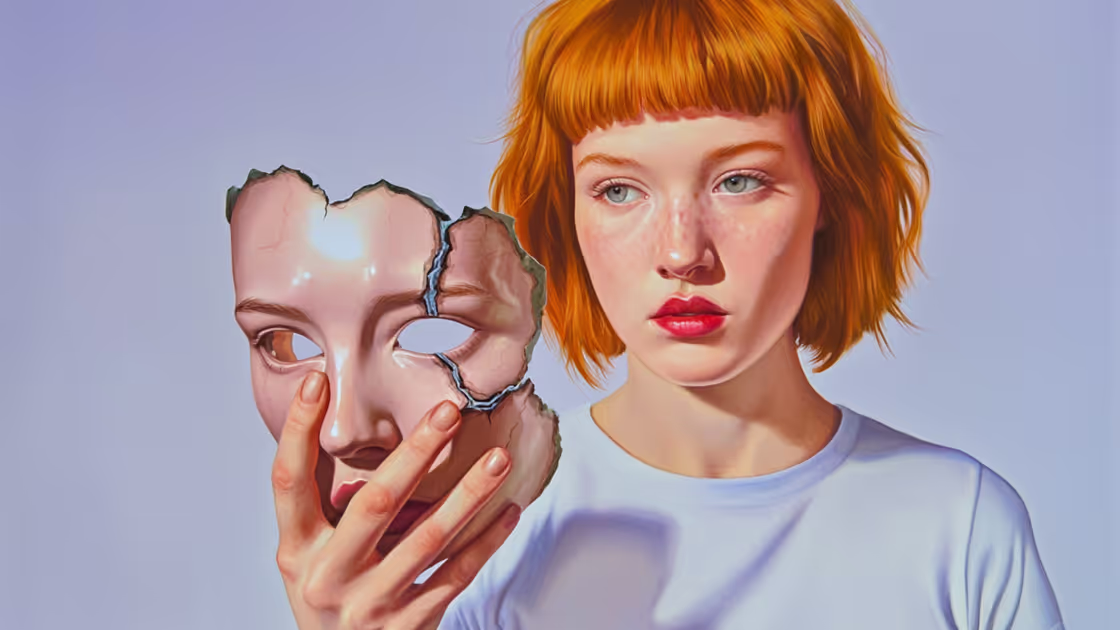

All
Artificial Exploitation


All
She Sold her Bathwater, but You Drank it
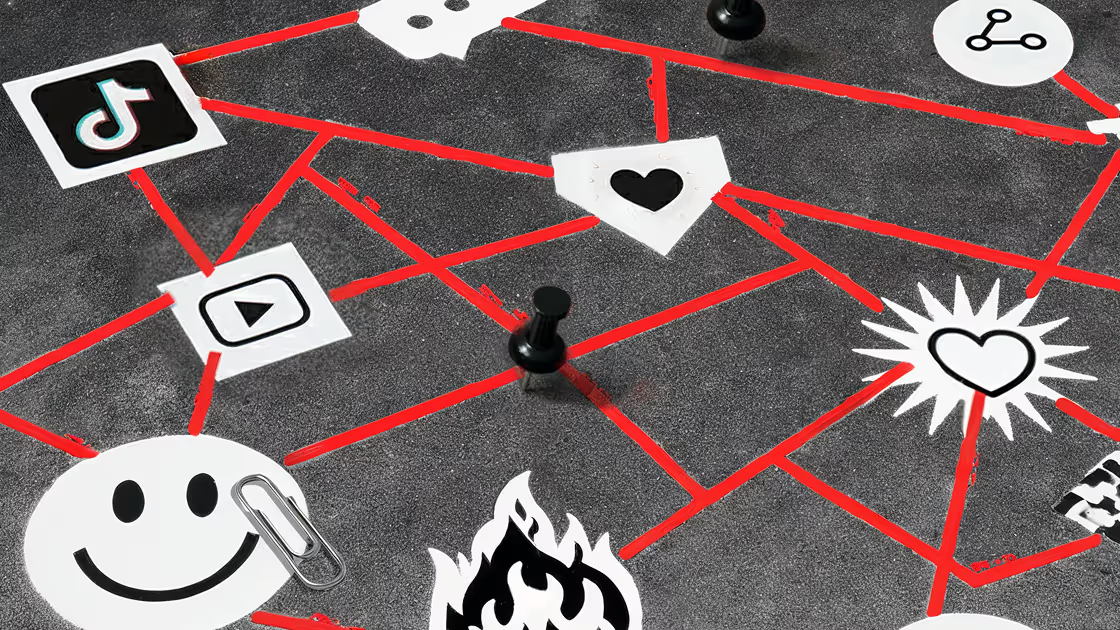

All
CRIMINAL INVESTIGATION REPORT: THE GLEEFUL DEATH OF TRADITIONAL MARKETING
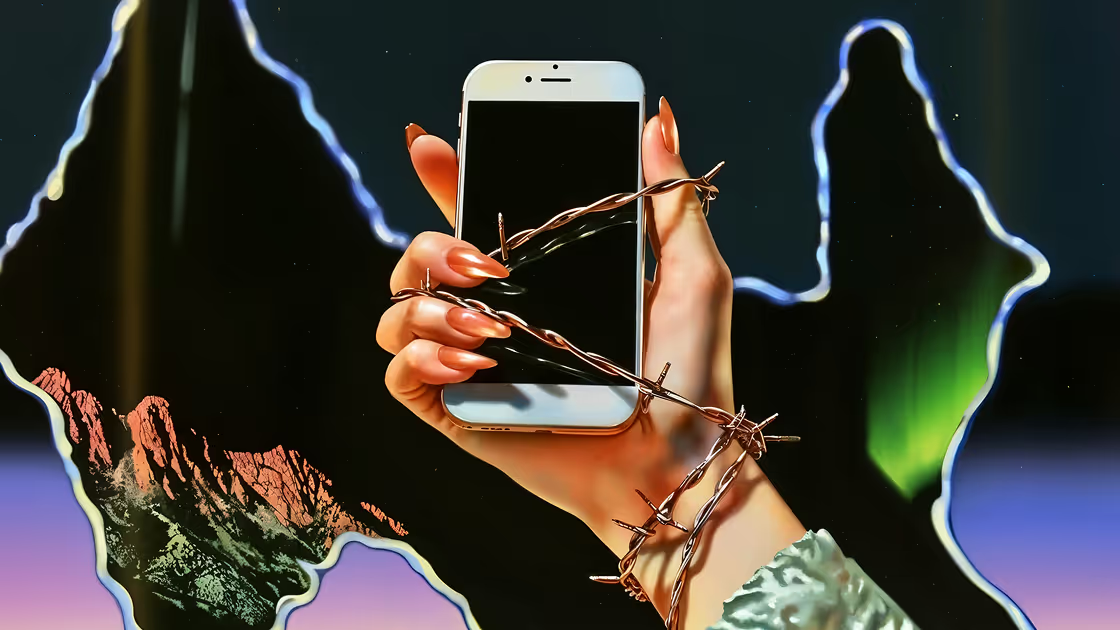

All
Hot Takes, Typos, and Total Chaos: The Secret Tactics Driving Online Engagement
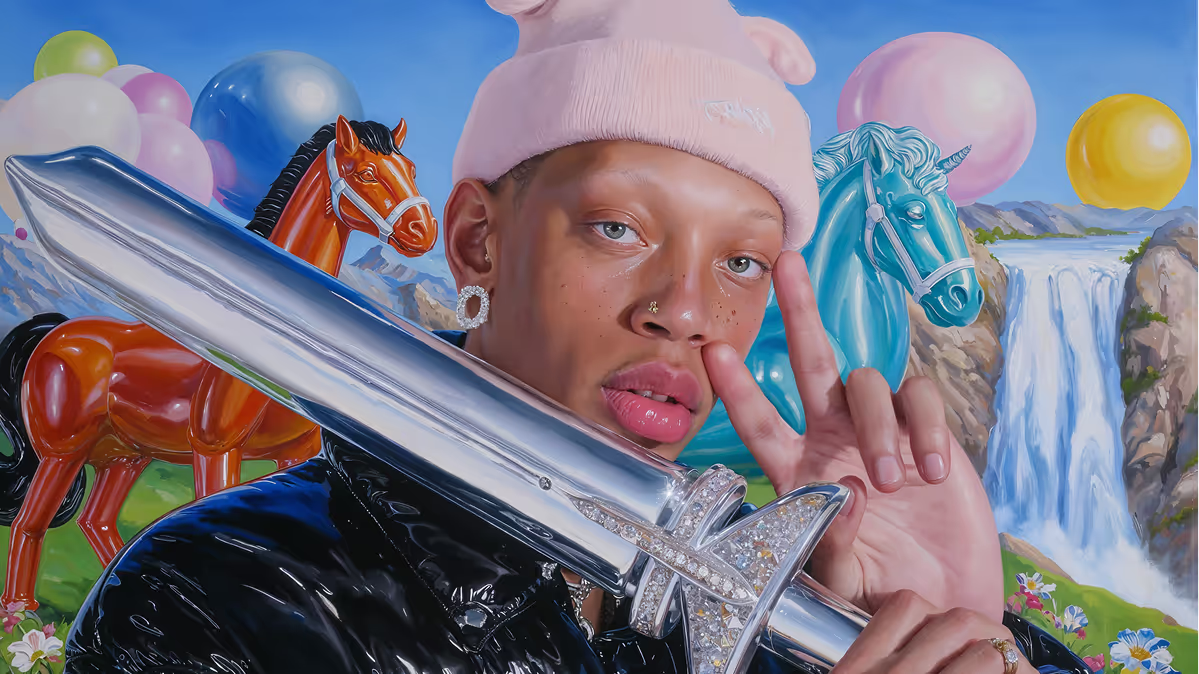

All
THE DEATH MARCH OF HYPERCOLOR BALLOON SWORDS
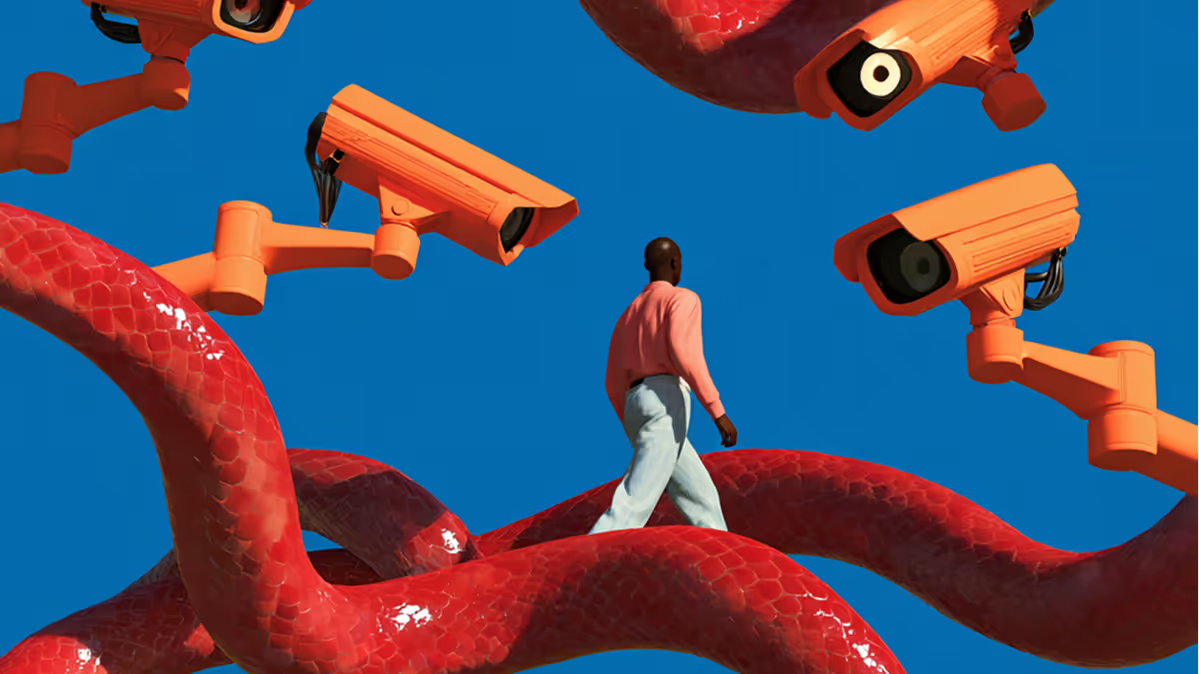

All
“They’re Watching Me”: Gang Stalking, Internet Delusions, & the Modern Mindf*ck
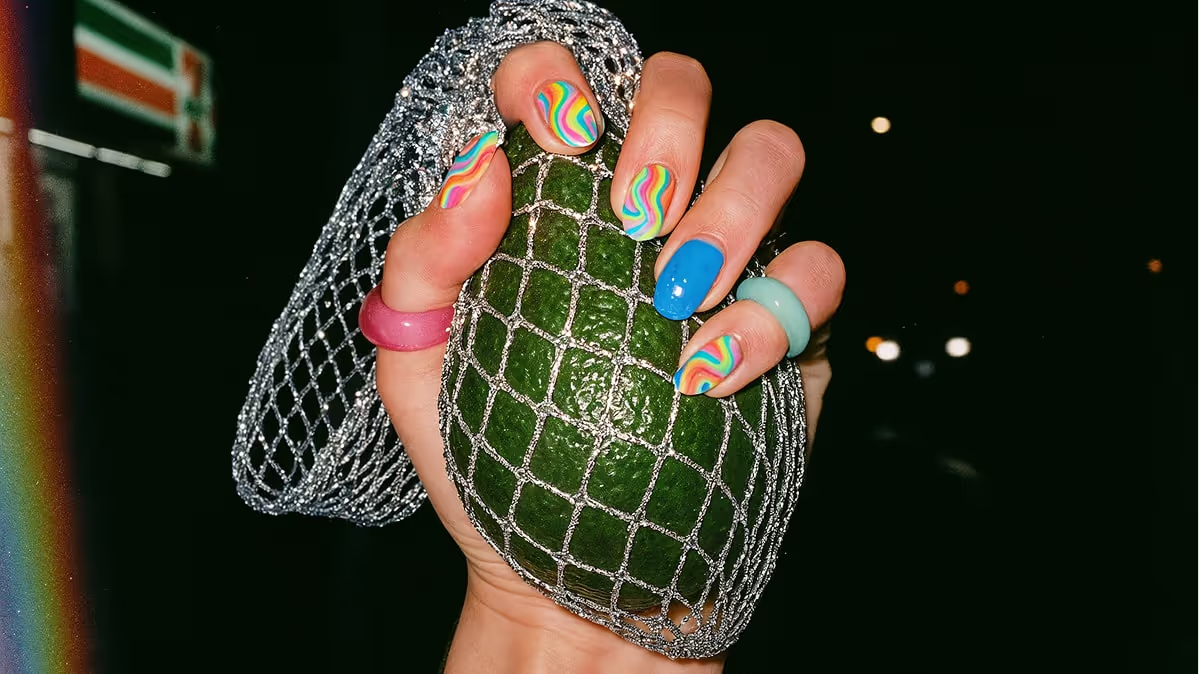

All
The Unripest Avocado: Nicholas Perry and the Dangers of Audience Capture


All
Branded Since Birth


All
How to not be a shitty affiliate seller, a talk with So_Narly


All
Parasocial Profit: The Unethical Underbelly of Affiliate Marketing


All
Stitch Incoming: Annie Stafford, Niche, and the Future of Fashion


All
Step right up!


All
Cooking Up a Social Media Empire


All
Right & Wrong Reasons to Expand


All
Have Influencers Peaked?


All
What’s Your Creator Fortune?


All
Mercy Kill Your Online Persona


All
Still Posting Post-Death


All
Cardboard Pizza: The Deadly Art of Losing Your Social Media Credibility


All
From Mr. Beast to Mr. Least?


All
Robots & Red Lace


All
Parental Discretion (Still) Advised


All
It’s 2024 and — Wait, Email Doesn’t Suck?


All
What’s a like on Instagram ‘worth’ in 2024?


All
A crash course in "crash course"


All
Speed sells: Why it’s important to respond lickety-split
© 2026 Manychat, Inc.
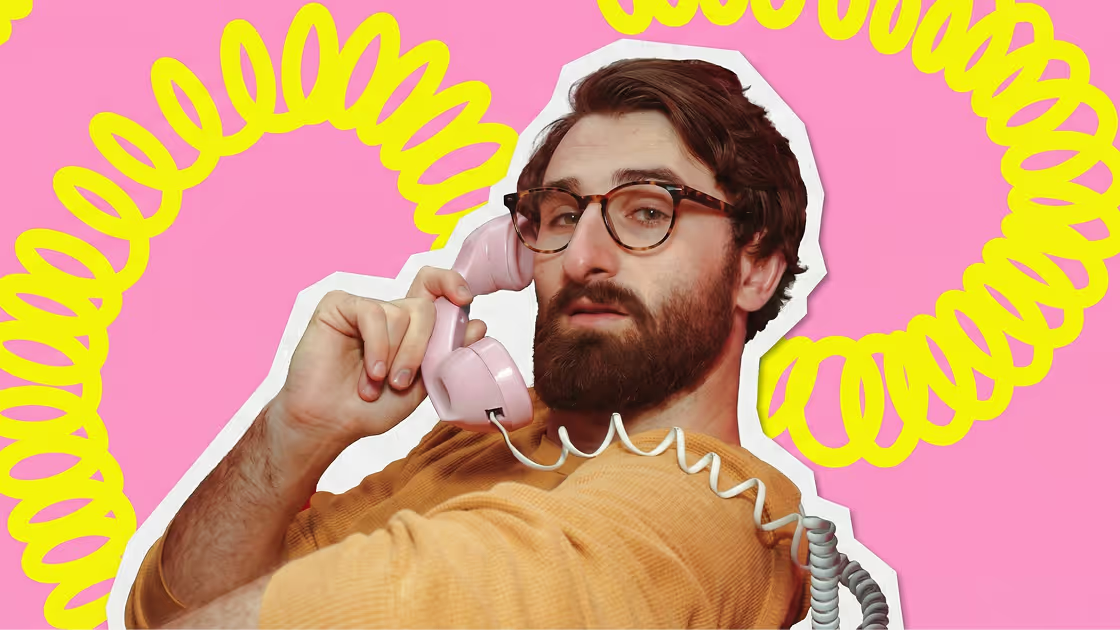
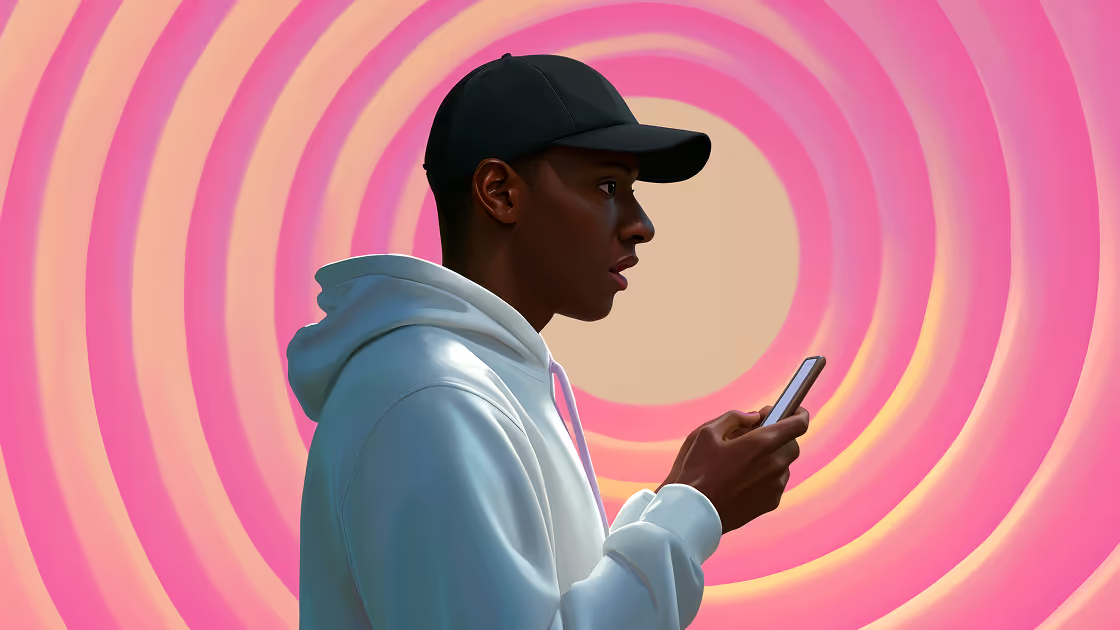


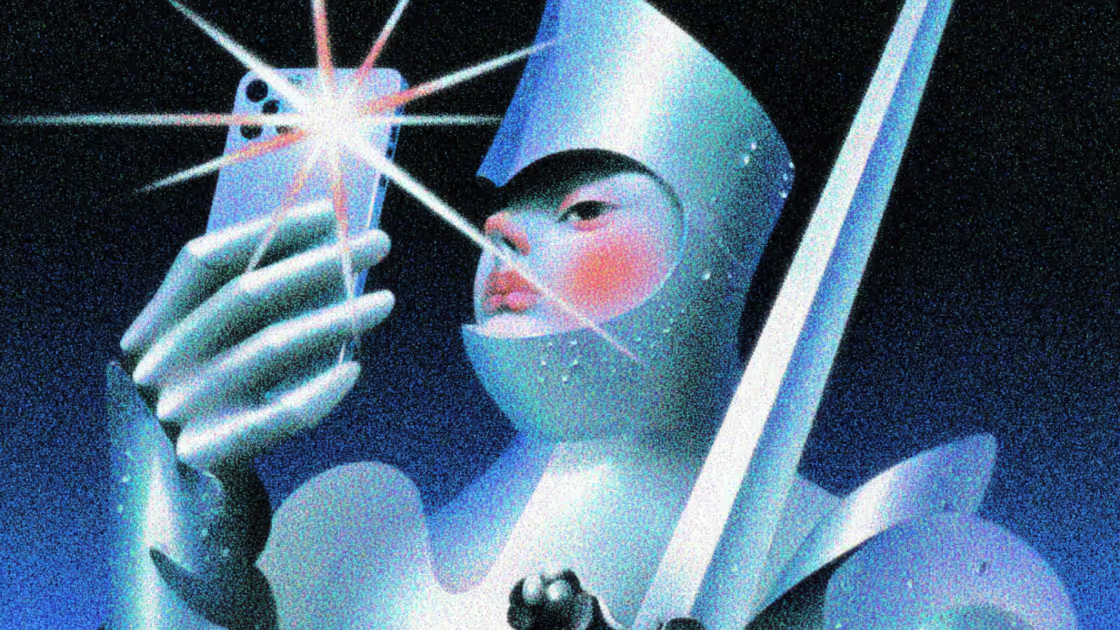
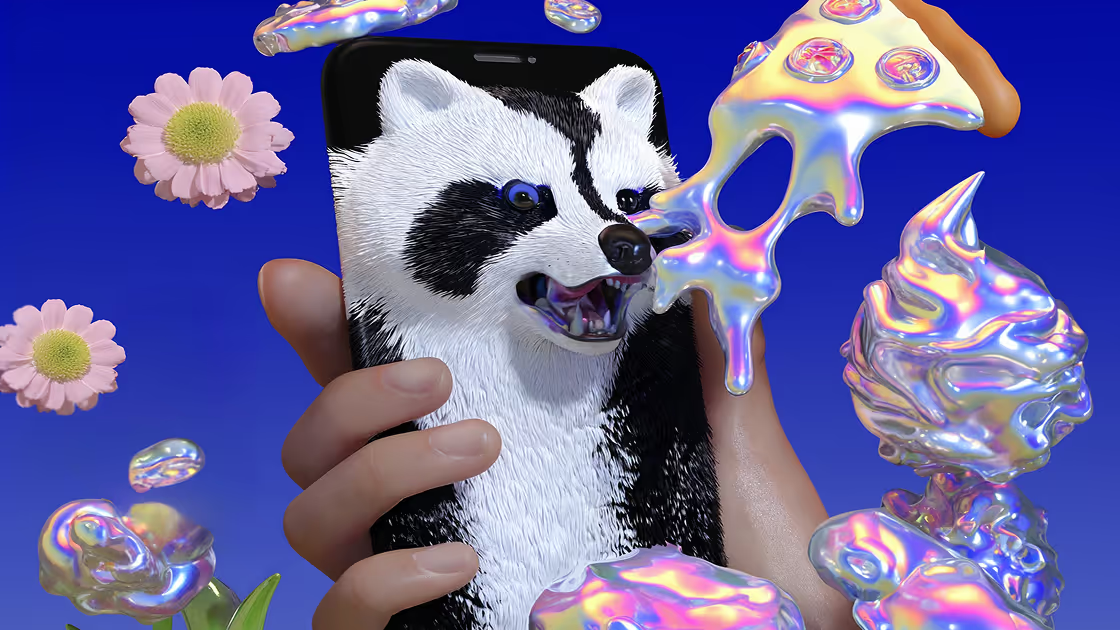
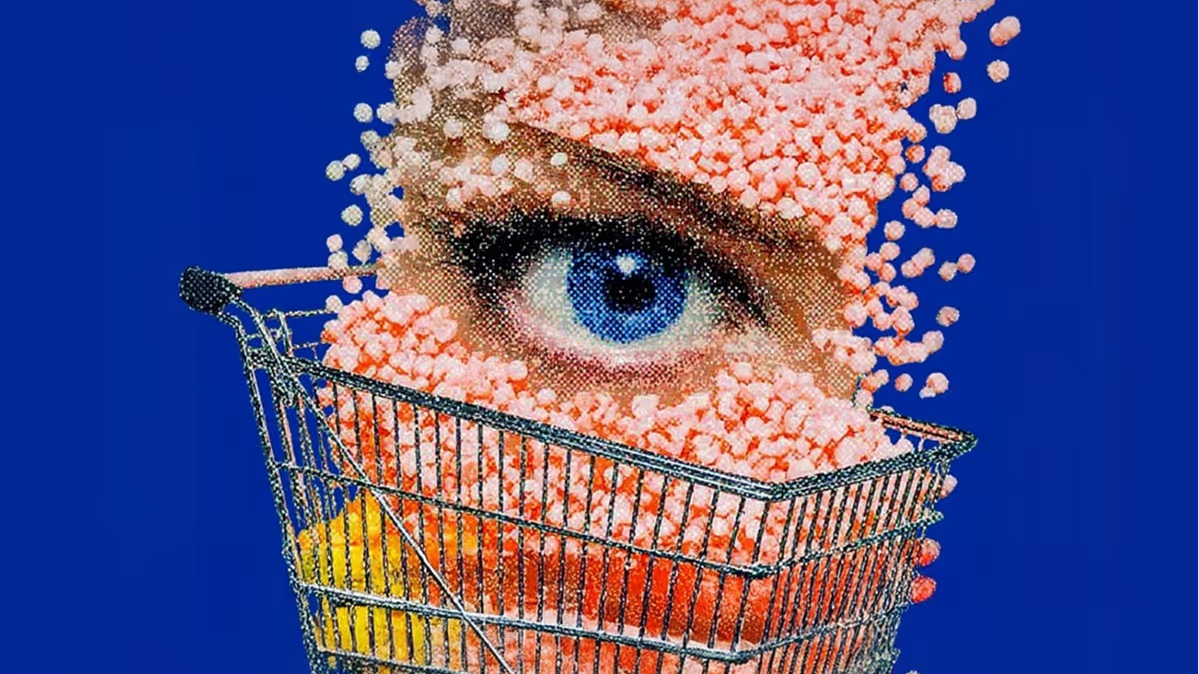
.avif)
